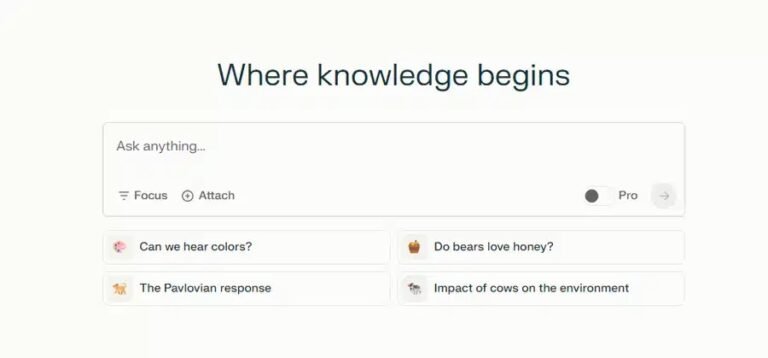Review ratings
No reviews yet
Integration support
None
Ideal for
Individual users
Free or paid:
Freemium
Duolingo is a popular language-learning app offering courses in over 40 languages. It uses gamified lessons, interactive exercises, and AI-driven personalization to make language acquisition fun and engaging for learners of all levels, from beginners to advanced.
Gallery

Duolingo is a widely-used language-learning platform that offers courses in more than 40 languages, including popular ones like Spanish, French, German, and Mandarin, as well as lesser-known languages like Welsh and Hawaiian. The platform is available as a mobile app and a web-based tool, making it accessible to users anytime and anywhere.
Duolingo’s teaching method is highly gamified, incorporating short, interactive lessons that reward learners with points, streaks, and in-game achievements. This gamification keeps learners motivated, encouraging consistent practice, which is essential for language acquisition. The app covers reading, writing, listening, and speaking, giving users a comprehensive language-learning experience.
Duolingo’s bite-sized lessons are structured in a way that breaks down complex language concepts into manageable pieces, allowing users to gradually build their skills. Its adaptive learning system tailors lessons to each learner’s level of proficiency, offering personalized exercises to target areas of weakness. It also uses AI to assess pronunciation and provide real-time feedback to improve speaking skills.
The platform offers a free tier that provides access to most of its features, though users can opt for Duolingo Plus, a premium subscription, which offers benefits such as ad-free learning, offline access, and progress tracking.
In addition to individual courses, Duolingo offers “Duolingo for Schools,” which allows teachers to integrate it into their classrooms, and “Duolingo Events,” where learners can practice speaking with others in real-life or virtual group settings.
Pros
- Free access: Provides a robust learning experience at no cost.
- Gamified learning: Keeps users engaged with points, streaks, and achievements.
- Wide variety of languages: Offers over 40 language options, including lesser-known ones.
- Adaptive learning: AI personalizes lessons to match learners’ proficiency levels.
- Accessibility: Available on both mobile and desktop, making it convenient to use.
Cons
- Limited depth: May not provide in-depth language learning for advanced learners.
- Repetitive lessons: Some exercises can become repetitive and less challenging over time.
- Focus on translation: Heavy reliance on translation exercises may not mimic real-life conversations effectively.
Best AI Tools 2025
About the Founders
Duolingo was co-founded in 2011 by Luis von Ahn and Severin Hacker. Luis von Ahn, a computer scientist, is known for his work in crowdsourcing and creating CAPTCHA and reCAPTCHA. His vision for Duolingo was to make high-quality education free and accessible to everyone, while also addressing the global demand for language learning. Severin Hacker, a PhD student of von Ahn at the time, served as the technical lead and co-founder, bringing expertise in machine learning and AI. Together, they aimed to disrupt traditional language-learning methods by making the process engaging, efficient, and accessible to millions worldwide through technology.
